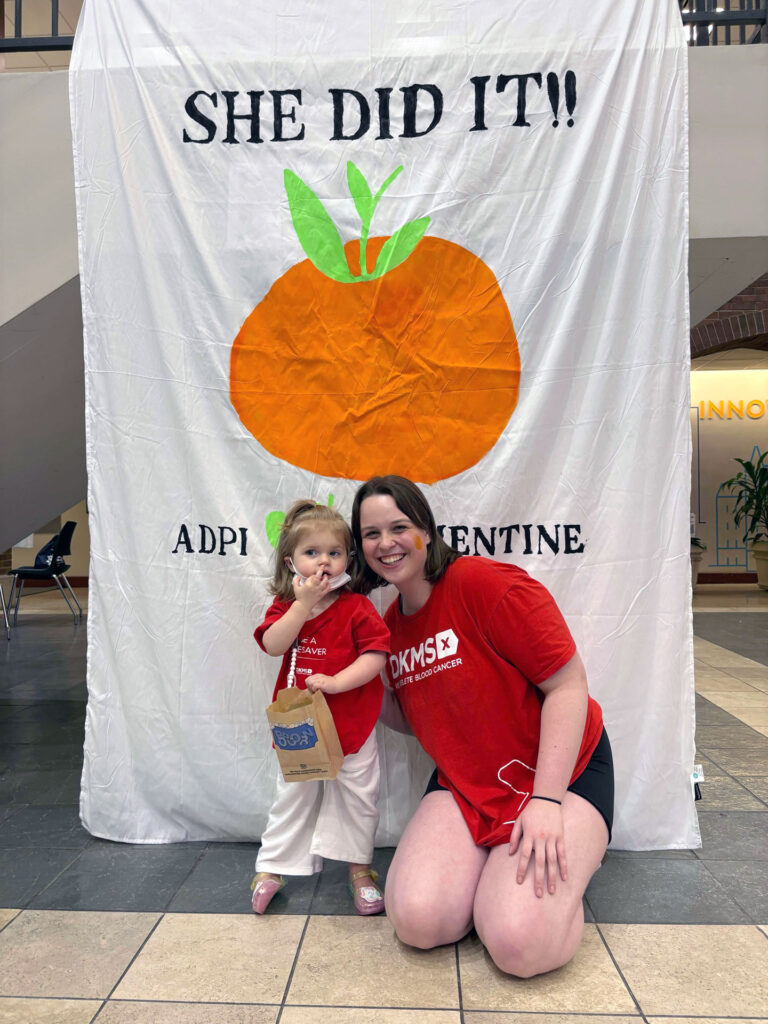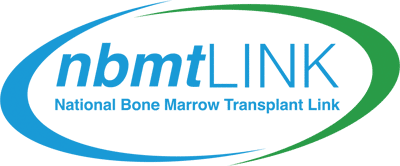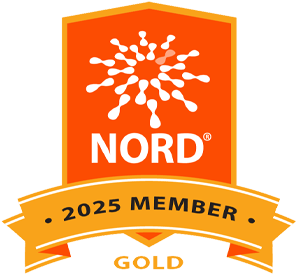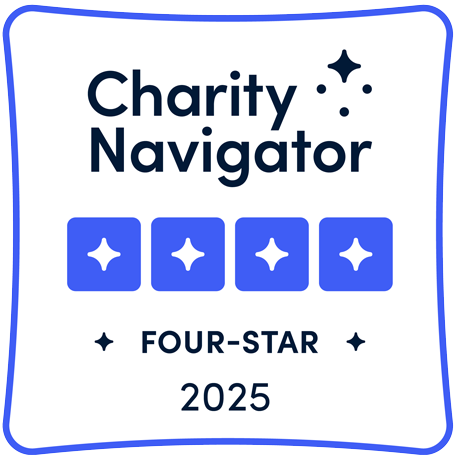By MEG MURPHY

I met Clementine and her family in July 2023 at the Ronald McDonald House. Her older sister, Finnlee, was running around with the other kids, full of energy, but Clementine sat quietly in her stroller, kept apart from the other children. I soon learned why and what was so special about Clementine: she was the only girl in the world with a rare TLR8 genetic mutation and had come to St. Louis for a stem cell transplant. Her story stayed with me, shaping not just my college experience, but the kind of doctor I hope to become.
That summer, I began volunteering at the Ronald McDonald House every week, bringing crafts and games to the families staying there. Over time, I grew especially close with Clementine’s mom, Tanner. Through the ups and downs of Clementine’s treatment, we shared laughter, grief, hope, and resilience. Being part of their world reminded me that small acts of kindness can ripple into something much bigger.
As fall turned to winter, Tanner suggested an idea that ultimately gave me the opportunity to turn my experiences into something actionable: hosting a stem cell donor drive on my college campus. She explained how rare it is to find a match for patients with uncommon genetic markers and how drives like these can help grow the pool of potential donors. I knew immediately I wanted to help make it happen—not just for Clementine, but for every family waiting and hoping for a miracle.
With the support of DKMS, I brought the idea to life. They provided the materials and guidance, but the heart of the drive came from Clementine’s story. The drive in 2024 was electric; students lined up to swab, ask questions, and learn about the life-saving impact they could have. We hung posters with Clementine’s picture and shared her story on social media, resulting in over 500 people joining the registry.
For me, it was more than just numbers. It felt like our campus was showing up for something that mattered far beyond our normal routines. When I later found out that someone from the drive had matched with a patient and donated, I cried. It was proof that our effort had made a real difference. All the long hours and planning were worth it, because that one person had received a second chance at life.
Hosting another drive in 2025 was never a question. For every person who finds a match, so many more are still waiting and maybe their perfect match is a student walking to class, unaware that a simple swab could end up saving a life.
I think a lot of people assume you need to be an expert to make a difference, but you don’t. I’m proof of that. I was just a college student who met one family and let their story guide me. DKMS gave me the tools, but it was the love I had for Clementine and her family that gave me the motivation.
If you’re a student thinking about hosting a drive on your campus, please do it. It doesn’t have to be perfect. You just need to be someone who cares enough to try. You might not meet your “Clementine” right away, but someone out there is waiting and your effort, no matter how small it seems, could be what changes everything for them.










